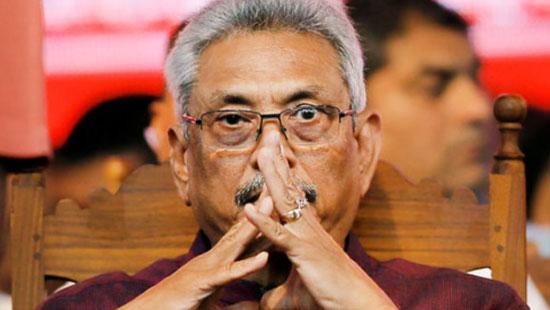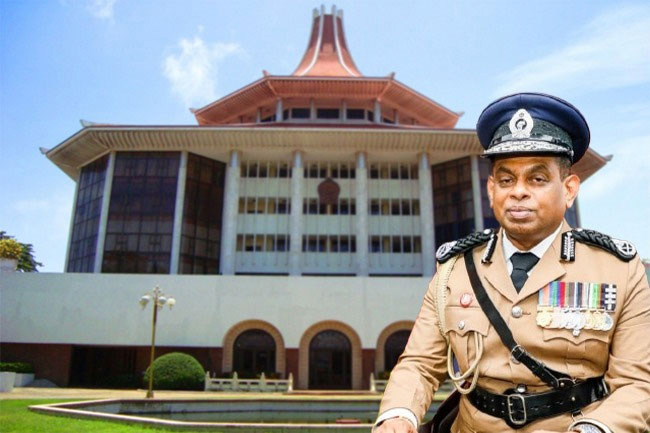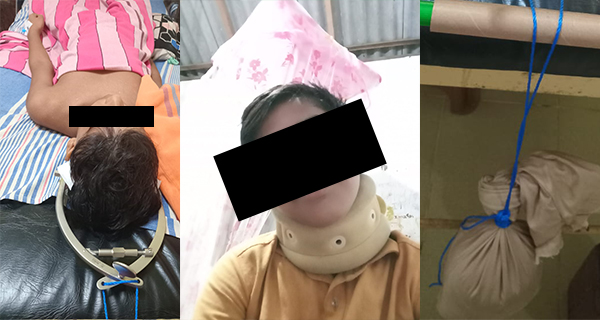On May 17, 2024, the Supreme Court of Sri Lanka issued a landmark order requiring former President Gotabaya Rajapaksa and Army Sergeant Sunil Ratnayake to testify regarding the controversial presidential pardon granted to Ratnayake. This case, involving the 2000 killing of eight civilians, including a child, in Mirusuvil, Jaffna, marks a significant moment in Sri Lanka’s pursuit of transitional justice.
The court’s directive mandates that Gotabaya Rajapaksa, who issued the pardon during his presidency, must explain his rationale for the decision. Concurrently, Sergeant Sunil Ratnayake has been ordered to provide detailed facts about the massacre and the circumstances surrounding his pardon.
This Supreme Court action stems from a petition by Dr. Pakiasothy Saravanamuttu, Executive Director of the Centre for Policy Alternatives. The petition challenges the pardon granted to Ratnayake, whose death sentence was initially imposed by the High Court and upheld by the Supreme Court before being nullified by the presidential pardon.
The review of the petition was conducted by a Supreme Court bench consisting of Mr. Yasantha Kodagoda and Mr. Achala Wengappuli. They agreed to Mr. Sumanthiran’s request, representing the petitioners, to issue notices to Rajapaksa and Ratnayake, compelling their testimonies.
This Supreme Court decision underscores the necessity for accountability in post-war Sri Lanka. The United Nations Human Rights Council (UNHRC) has repeatedly cited the Mirusuvil massacre in its reports, highlighting it as a significant example of the challenges in achieving justice for war crimes and human rights violations in the country. The UNHRC has criticized the pardon as a severe setback for accountability and a violation of international obligations to prosecute and punish serious human rights violations.
Amnesty International has also condemned the pardon, arguing that it undermines the rare instances of accountability for serious human rights violations in Sri Lanka. Biraj Patnaik, Amnesty International’s Regional Director for South Asia, stated that the pardon sends an “extremely worrying message” that military perpetrators of horrific crimes can be arbitrarily released, even if convicted.
The incident in question occurred on December 19, 2000, when nine internally displaced civilians from Mirusuvil in Jaffna, including teenagers and a five-year-old child, visited their homes. On their return, they were stopped, blindfolded, and assaulted by two military personnel. One youth escaped, but the other eight were massacred and buried nearby. In July 2015, Sergeant Sunil Ratnayake was convicted by the High Court of Colombo for multiple counts of murder and assault, resulting in a death sentence. This sentence was upheld by a five-judge bench of the Supreme Court in April 2019.
Despite this, President Gotabaya Rajapaksa granted Ratnayake a pardon. The petitioners argue that the pardon is arbitrary, unreasonable, and not in the public interest, claiming it undermines judicial independence and violates the rule of law and the sovereignty of the people, as guaranteed under Article 12(1) of the Constitution. The Centre for Policy Alternatives (CPA) noted that Ratnayake’s pardon, first reported on March 26, 2020, occurred while the country was dealing with the Covid-19 crisis.
The case against Sunil Ratnayake and his subsequent pardon by Gotabaya Rajapaksa are pivotal tests of Sri Lanka’s commitment to transitional justice. Such mechanisms are crucial for addressing past abuses and ensuring justice and reparations for victims. The Supreme Court’s decision to call for testimonies from both Rajapaksa and Ratnayake emphasizes the judiciary’s role in upholding the rule of law and ensuring executive actions are legally scrutinized.
This significant case is scheduled for further hearings on September 4, where facts will be confirmed and proceedings will continue. The outcomes are expected to have profound implications for Sri Lanka’s human rights landscape and its efforts to reconcile with its troubled past.




